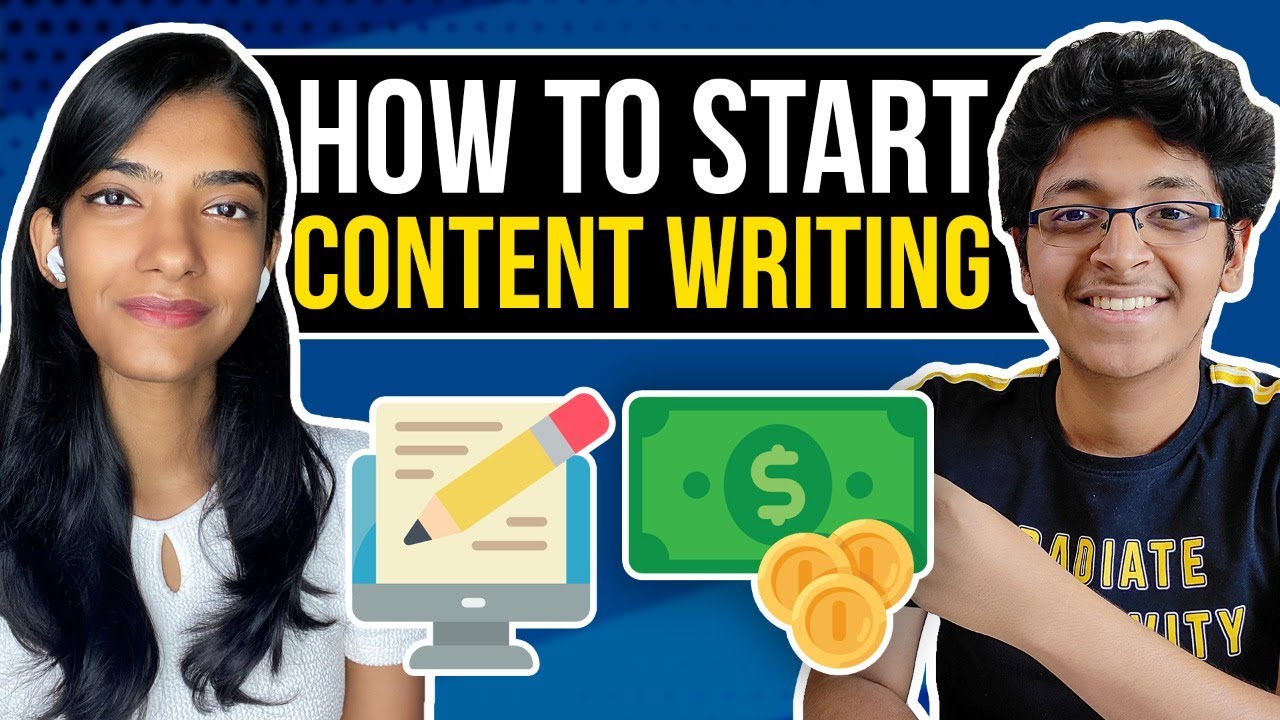Doctors Who Code: The Benefits of Coding for Medical Professionals. Non-clinical careers for doctors
Summary
TLDRZohari, a medical officer and trainee in Psychiatry, shares her coding journey, highlighting how she transitioned from curiosity to building apps for various purposes, including digital health solutions. She emphasizes the ease of learning new languages once familiar with one and the practicality of coding for automation and digital solutions. Zohari also discusses her projects, from a community service app to mental health applications, and her experience teaching coding, showcasing the versatility and potential of coding in healthcare and beyond.
Takeaways
- 👩💻 The speaker, Zohari, is a medical professional with a passion for coding and digital health, focusing on app development for various platforms including Android and iOS.
- 🌐 Zohari emphasizes the universality of coding languages, suggesting that knowledge of one makes learning others easier, akin to learning new human languages.
- 💡 Coding is presented as an accessible skill, not requiring superhuman intelligence, and can be both fun and addictive.
- 🔧 Zohari's coding journey began out of curiosity in 2014, learning languages like JavaScript, Python, and Java, and later Kotlin and C++.
- 🏥 Zohari applied coding to solve real-world medical challenges, such as developing an app to improve community psychiatric services in Sabah.
- 📱 The speaker highlights the potential of apps due to the massive smartphone market, with 6.6 billion active users worldwide, providing a vast platform for app-based income generation.
- 🏆 Zohari's work has been recognized, winning the Sabah State Innovation Award and the Best Practice Award from the Malaysian Secretary Association.
- 🌱 Zohari's projects include 'My CPU', 'Pocket Psych', 'Book Pin', and 'Psych Sensors', each aimed at enhancing different aspects of medical practice and patient care.
- 💼 Zohari's career progression includes teaching coding, conducting workshops, and mentoring, demonstrating the versatility of coding skills beyond just app development.
- 🌟 The speaker encourages medical professionals to consider learning to code, leveraging their inherent problem-solving, logical thinking, and creativity to innovate in healthcare.
Q & A
What is the main topic of the speaker's presentation?
-The main topic of the presentation is about the speaker's journey and experiences in learning to code and developing various apps, particularly for the medical field.
Why did the speaker start learning to code?
-The speaker started learning to code out of curiosity and as a way to automate tasks and make things digital, as well as to earn extra income to fund their exams for their MRC Psych qualification.
What is the significance of the speaker mentioning different programming languages?
-The speaker mentions different programming languages to illustrate the similarities in their structures and to emphasize that knowing one language can make it easier to learn another related language.
What is the purpose of the 'My CPU' project mentioned in the script?
-The 'My CPU' project was developed to address the challenges faced by the psychiatric community team in Tawa, such as the difficulty in locating patients' homes and keeping track of their health status, by integrating Google Map services and a WhatsApp system into an app.
What motivated the speaker to build the 'Pocket Psych' app?
-The speaker built the 'Pocket Psych' app as a simple reference tool for psychiatric training, using their own notes and the need for an organized and accessible resource.
What is the difference between native and hybrid app development as explained by the speaker?
-Native app development involves building an app specific to a platform, following the recommendations of the platform owner (e.g., Google for Android or Apple for iOS). Hybrid app development allows the same code to be used across multiple platforms, including Android, iOS, Mac, Windows, and web, making it more versatile.
How did the speaker's background as a medical professional influence their app development?
-The speaker's background in medicine influenced their app development by focusing on creating apps that address specific needs in the medical field, such as improving patient follow-up, monitoring, and providing educational resources for psychiatric training.
What is the 'Flexmind' app, and what is its purpose?
-The 'Flexmind' app is a mental health app tailored for the Malaysian population, developed by a group of psychiatrists and psychologists. It includes features like mood diaries, suicide prevention tools, self-harm prevention, gratitude journals, videos, and relaxation content.
What challenges did the speaker face while developing apps for medical purposes?
-The speaker faced challenges such as ensuring data safety, managing backend server-side and cloud services, and focusing on user experience and interface design to make the apps both functional and user-friendly.
How has the speaker's experience in coding and app development expanded beyond just creating apps?
-The speaker's experience has expanded to include teaching and instructing others in coding, conducting workshops, and collaborating with various organizations to develop apps that meet specific needs.
Outlines

此内容仅限付费用户访问。 请升级后访问。
立即升级Mindmap

此内容仅限付费用户访问。 请升级后访问。
立即升级Keywords

此内容仅限付费用户访问。 请升级后访问。
立即升级Highlights

此内容仅限付费用户访问。 请升级后访问。
立即升级Transcripts

此内容仅限付费用户访问。 请升级后访问。
立即升级浏览更多相关视频

How to Bridge Our Divisions? Start by Asking Questions. | Abigail Spanberger | TEDxMidAtlantic

Jai Shree Becomes A Digital Rachayita To Create Digital Courses #learndigitalmarketinginhindi

Bisnis Makanan & Minuman Sehat Untuk Indonesia - Neorganic

How much do you need to fast to reverse diabetes?

Richa Gupta Says "Completely Transformed My Life, To Get Richa 2.0" #learndigitalmarketinginhindi

How to Make Money with Content Writing🔥 | Content Writing Tips for Beginners
5.0 / 5 (0 votes)
